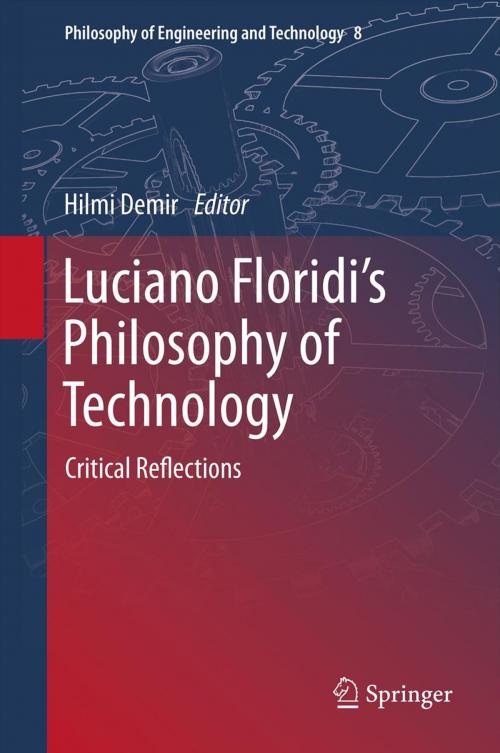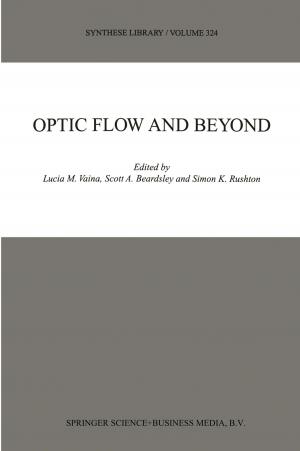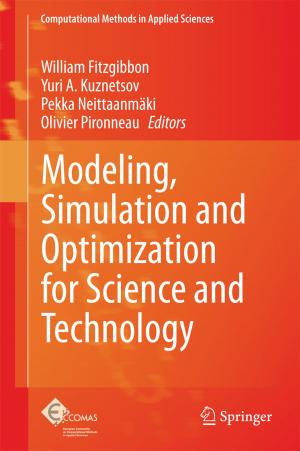Luciano Floridi’s Philosophy of Technology
Critical Reflections
Nonfiction, Religion & Spirituality, Philosophy, Reference, Computers, Advanced Computing, Information Technology| Author: | ISBN: | 9789400742925 | |
| Publisher: | Springer Netherlands | Publication: | June 15, 2012 |
| Imprint: | Springer | Language: | English |
| Author: | |
| ISBN: | 9789400742925 |
| Publisher: | Springer Netherlands |
| Publication: | June 15, 2012 |
| Imprint: | Springer |
| Language: | English |
Information and communication technologies of the 20th century have had a significant impact on our daily lives. They have brought new opportunities as well as new challenges for human development. The Philosopher: Luciano Floridi claims that these new technologies have led to a revolutionary shift in our understanding of humanity’s nature and its role in the universe. Florodi’s philosophical analysis of new technologies leads to a novel metaphysical framework in which our understanding of the ultimate nature of reality shifts from a materialist one to an informational one. In this world, all entities, be they natural or artificial, are analyzed as informational entities. This book provides critical reflection to this idea, in four different areas: Information Ethics and The Method of Levels of Abstraction The Information Revolution and Alternative Categorizations of Technological Advancements Applications: Education, Internet and Information Science Epistemic and Ontic Aspects of the Philosophy of Information
Information and communication technologies of the 20th century have had a significant impact on our daily lives. They have brought new opportunities as well as new challenges for human development. The Philosopher: Luciano Floridi claims that these new technologies have led to a revolutionary shift in our understanding of humanity’s nature and its role in the universe. Florodi’s philosophical analysis of new technologies leads to a novel metaphysical framework in which our understanding of the ultimate nature of reality shifts from a materialist one to an informational one. In this world, all entities, be they natural or artificial, are analyzed as informational entities. This book provides critical reflection to this idea, in four different areas: Information Ethics and The Method of Levels of Abstraction The Information Revolution and Alternative Categorizations of Technological Advancements Applications: Education, Internet and Information Science Epistemic and Ontic Aspects of the Philosophy of Information















